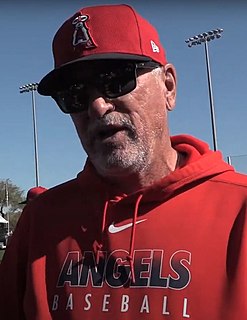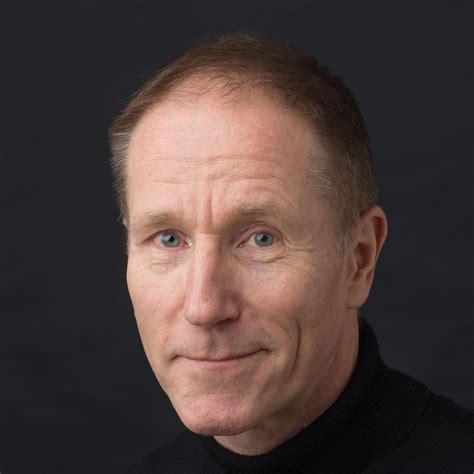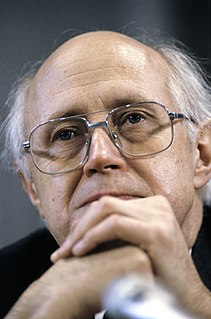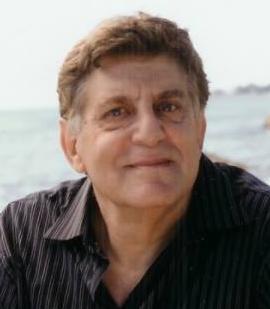A Quote by Joe Maddon
What's going on in the game today... it's data vs. art - that's what it comes down to for me. Art being the human heartbeat, data being numbers, the math, etc. I believe there's a balance to be struck right there.
Related Quotes
Any time scientists disagree, it's because we have insufficient data. Then we can agree on what kind of data to get; we get the data; and the data solves the problem. Either I'm right, or you're right, or we're both wrong. And we move on. That kind of conflict resolution does not exist in politics or religion.
When I was a child I could do math and art, so I had left- and right-brain capabilities. But I've seen my children, who are more right-brained, struggling. My son was told he wouldn't make it to college, but he dogged it through and ended up being accepted by 10 major art schools after the high school advisor said, "Please don't apply. You're going to be disappointed." That kid's an artist now.
I personally think there's going to be a greater demand in 10 years for liberal arts majors than there were for programming majors and maybe even engineering, because when the data is all being spit out for you, options are being spit out for you, you need a different perspective in order to have a different view of the data.
































